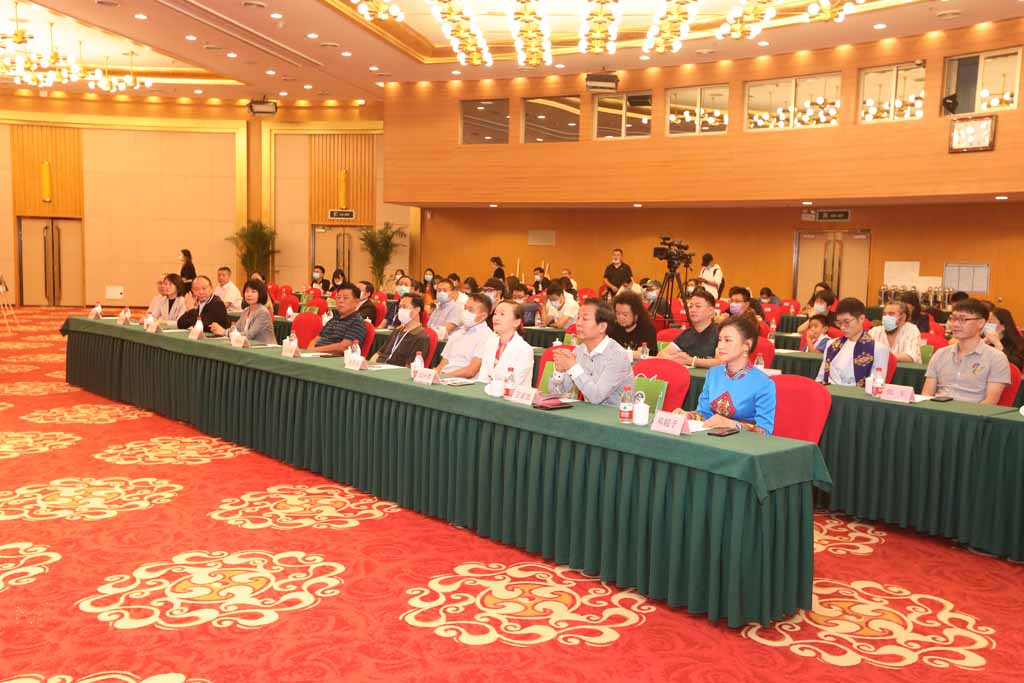Empowering Poor Ethnic Minority Girls in China

Initiated by Deng Chaoyu, a Tujia singer from central China’s Hubei Province, a charity program focusing on providing accessible education for poor ethnic minority girls and promoting the development of intangible cultural heritage of the Tujia ethnic group was inaugurated at the Media Center Hotel in Beijing, China on September 3, 2020.
The program was led by the China Social Welfare Foundation and attended by Hu Zhenmin, former deputy head of the Publicity Department of the Communist Party of China (CPC) Central Committee and executive deputy head of the China Working Committee for the Care of the Next Generation; Liu Fang, deputy secretary-general of the China Social Welfare Foundation; Zheng Yongsheng, deputy secretary-general of the Education Development Center of China Working Committee for the Care of the Next Generation; and other guests from charity, media and business organizations.
Ethnic Minority Girls: Right to Education
Liu Fang said that caring for girls and supporting their education has a fundamental and far-reaching influence on society.

Ethnic Minority Girls: Right to Education
Liu Fang said that caring for girls and supporting their education has a fundamental and far-reaching influence on society.

Deng Chaoyu said she hopes education can be accessible and available to all ethnic minority girls so that they can create a better future. by Qiao Zhenqi/ China Pictorial
Deng Chaoyu said the program is also designed to pass on the traditional Tujia culture and make it a global brand. An ambassador of Tujia ethnic culture, Deng made the intangible cultural heritage xilankapu, a type of brocade unique to the Tujia people, shine on the stage of Cannes. Since 2006, Deng has participated in many publicity and charity activities focusing on the environmental protection of the Yangtze and Yellow rivers, and held large-scale charity concerts in her hometown of Yichang City, raising about US$2 million in charity funds.

Intangible Cultural Heritage: Go Global
Celebrities, entrepreneurs and other charity supporters donated and bought private collections to raise money for the program. Deng Chaoyu contributed five pieces of Tujia brocade xilankapu, colorful bedclothes made by Tujia people when a daughter gets married. Deng said she would work with Tang Hongxiang, a Tujia craftsman who established the Tujia brocade museum and exhibited more than 500 pieces of xilankapu dating back for centuries, and Liu Xiuqin, a xilankapu technique inheritor, to promote the handicrafts of intangible cultural heritage.

The charity program has so far collected more than US$146,000 and the donation will be used to provide financial support for poor ethnic minority girls in China to access education, build electronic libraries and music rooms, organize charity summer camps and subsidize outstanding teachers.